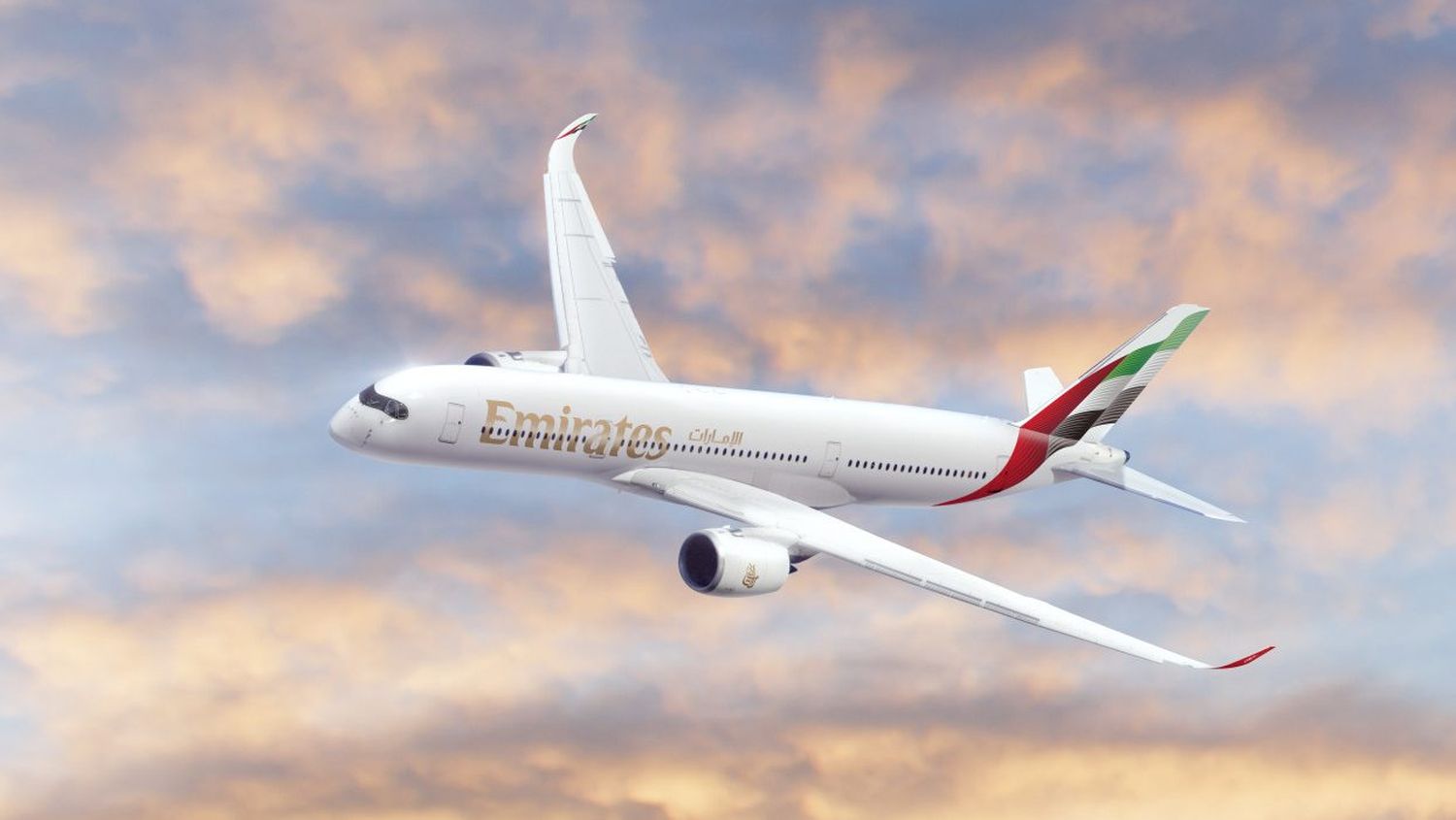Emirates Orders 15 A350-900s Amid Criticism of A350-1000 Engines
Emirates Airline announced today at the Dubai Airshow an order for 15 Airbus A350-900 valued at USD 6 billion at list price, increasing its backlog for this model to 65 aircraft.
«The A350-900s will add to our fleet mix and we are pleased to announce additional orders for this aircraft type. We plan to deploy our A350s to serve a range of new markets including long-haul missions of up to 15 hours flying time from Dubai«, said Ahmed bin Saeed Al Maktoum, Chairman and Chief Executive Officer of Emirates Group.
«We will work closely with Airbus and Rolls-Royce to ensure our aircraft deliver the best possible operating efficiency and flying experience for our customers«, he added.
The Sheikh also noted that the orders placed this week at the Dubai Airshow are «all carefully planned to support our future growth and the Dubai economic vision.» Indeed, the order for 15 A350-900s, although significant, is overshadowed by the nearly one hundred 777Xs that Emirates agreed with Boeing on the first day of the event, especially after it became known that Tim Clark, President of Emirates Airline, ruled out the possibility of ordering the A350-1000, the largest variant of the family, considering that the Trent XWB-97 engines are not efficient enough.
According to Reuters, Clark indicated on Tuesday that the engines of the A350-1000 would only offer a quarter of the time between maintenance checks compared to what Emirates needs, and that they might well order between 35 and 50 aircraft of the model if Rolls-Royce improved both the durability and maintenance costs.
Both Christian Scherer, Airbus Chief Commercial Officer and Ewen McDonald, Rolls-Royce’s Chief Customer Officer, came out in defense of the Trent XWB-97, assuring it is a very good engine that many customers already operate. McDonald went a step further and acknowledged that in sandy and hot conditions it faces challenges, but they are the same as all modern engines.
Of course, in the statement announcing today’s orders, full of political correctness as always, Scherer said, «with this agreement, we mark another solid step forward in the long-standing relationship between Emirates and Airbus«, which he defined as «founded on the pursuit of innovation, efficiency, and operational excellence«.
«Just as the A380 established itself at the heart of Emirates’ operations, we are equally proud of what the A350 will do in the years to come«, he concluded.
The airline is scheduled to receive its first A350 in August 2024, and deliveries, including those from the order announced today, will continue until 2028.
The Emirates Fleet
Currently, the Emirates fleet consists of 123 Boeing 777-300ERs, 10 Boeing 777-200LRs, and 121 Airbus A380s (about twenty of them still stored). In addition, its cargo unit operates 11 777-200LRFs and 4 Boeing 747-400Fs.
Its order book totals 295 aircraft, with 170 Boeing 777-9s, 35 777-8s, 20 767-8s, 15 787-10s, 5 777-200LRFs, and 65 A350-900s.


Para comentar, debés estar registradoPor favor, iniciá sesión